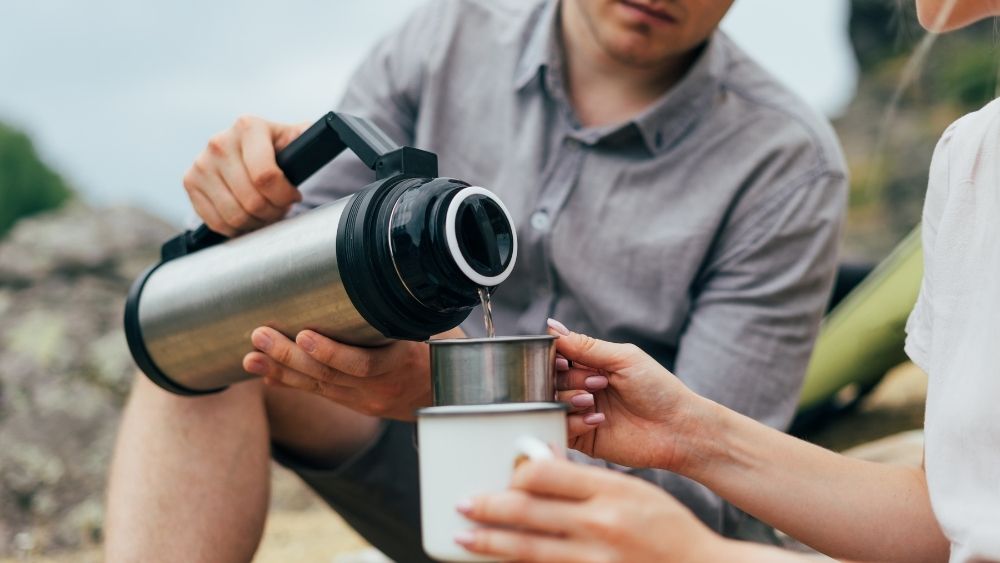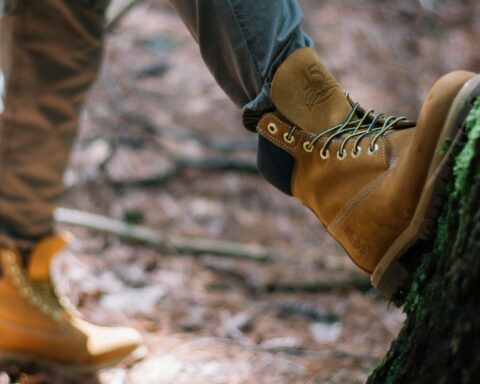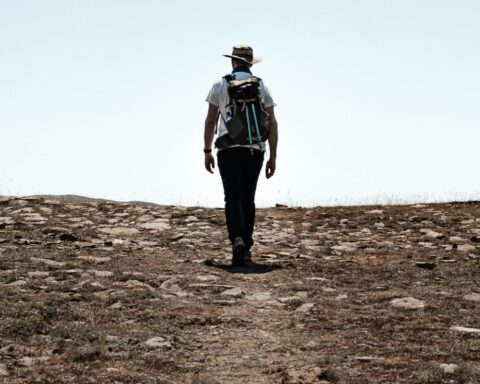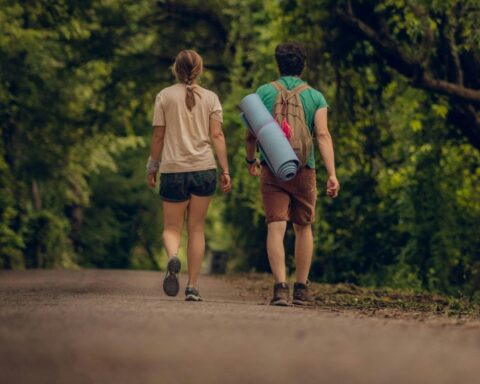Water is essential for your hike, especially if it is an overnight hike. Without it, you might feel ill, faint, or even contract heat exhaustion. But exactly how much you should be taking?
Read on to learn everything you need to know about water intake before your first overnight hike.
What Is Your Planned Trail?
First things first, there are a few factors you will need to consider when calculating the amount of water that you will need on your hike.
Temperature is an important factor when you are working out how much water you will need to take with you – if the forecast is predicting high temperatures, and the sun is out.
Experts say that if you live an active lifestyle (such as hiking), in a hotter climate, you will need to drink more water. This is because you sweat more, and your body loses more water.
Studies looking specifically at hikers found that hikers in hotter conditions (105 degrees Fahrenheit) needed more water than hikers who performed in more moderate temperatures (68 degrees Fahrenheit).
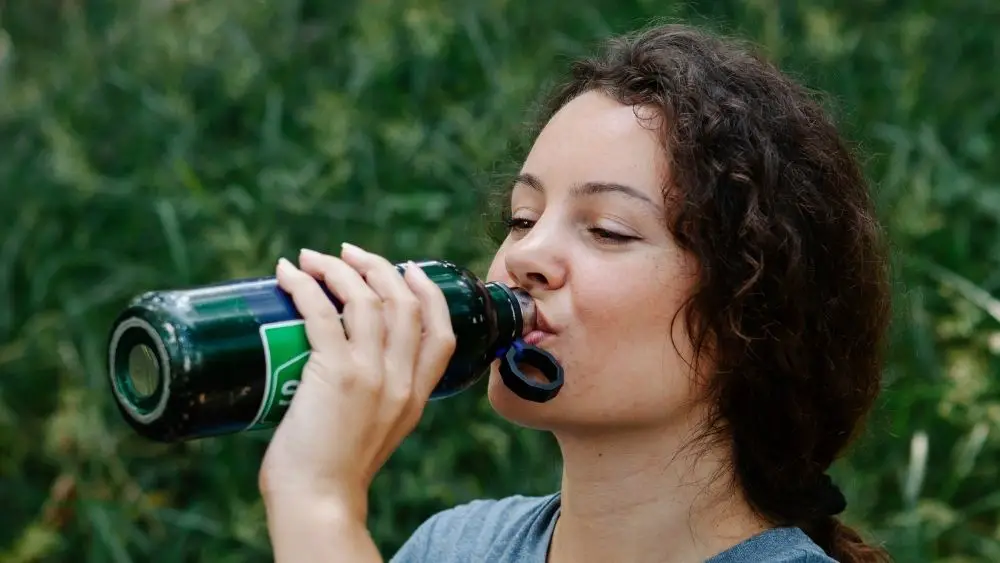
It also seems like water consumption can help stave off heat related illnesses (HRI) – around 25 percent of the HRI hospitalizations in the Grand Canyon surrounded area are also severely dehydrated.
When you are hiking in the heat, medical professionals recommend that you drink one cup of water every 15 to 20 minutes.
You will also have to take the terrain of your planned trail into account when you are calculated the water necessary.
Like the heat, walking up steep, rocky or tough terrains can use up more water, and make you sweat more, meaning dehydration sets in more easily. Don’t be afraid of taking a little more water.
You probably know that the amount of water you feel like you need during exercise depends on your fitness level – if you have ever tried running after taking a break from regular training, you can feel like you need to drink huge amounts more than you used to, both during and after your run.
This is the same in hiking, as a hike will exert more effort on a novice hiker. If this is your first hike, or you are feeling a little out of shape, it is probably a good idea to take a little extra water, so that you stay well hydrated.
How Much Water Will I Need For Every Hour Of Hiking?
Beating all of this in mind, experts recommend that you have around 500 ml of water for every hour of active exercise. Take 100 ml more an hour if you are unfit, or are hiking in rough terrain/hot temperatures.
So, if you are planning on a long trail, of hiking for 7 hours in a day, you will need between three and a half liters of water to five liters, depending on the intensity and weather conditions.
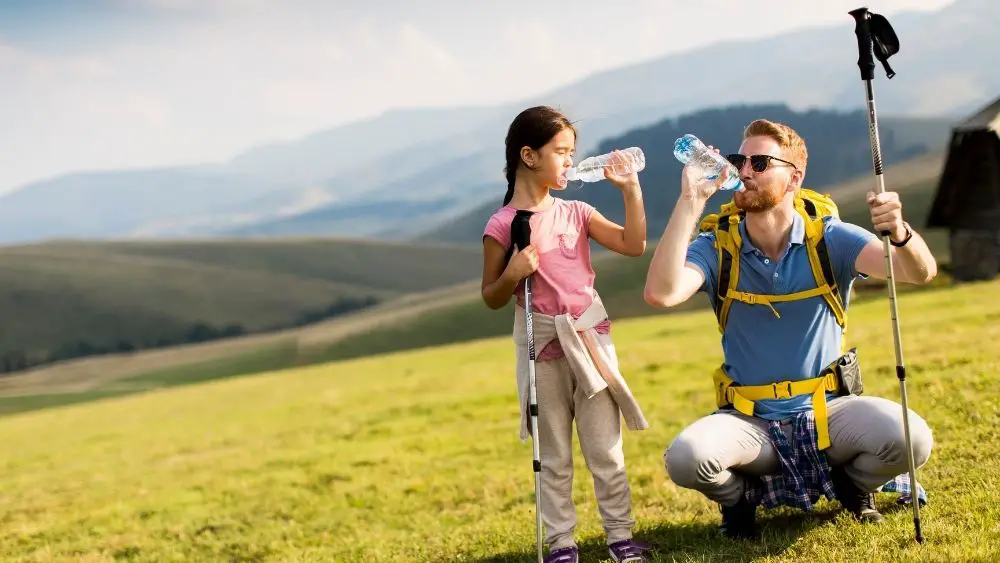
Remember, this is just for the active part of your hike – you will need to take water for the rest part of your overnight hike as well as the active section. Take an additional one and a half liters of water for your rest.
Are There Any Other Uses I Might Need Water For During My Hike?
The water you take with you on a hike is not just for drinking – it can be used for a lot of other useful purposes too.
If you get any injuries whilst on your hike, it can help to clean out wounds and avoid any nasty infections.
This kind of thing has to be done with sterilized, clean water, that either come from a sealed plastic bottle, a water filter, or a household tap, washing off any wounds in streams along your hike can just worsen the situation – even if the water looks clean, it can be hiding a battalion of bacteria.
Clean water is also necessary for preparing your food. If you have taken dehydrated carbs (such as pasta, or rice) on your hike, like many hikers do, then you will have to cook them in your water.
Although you can boil your water to sterilize it, it is probably safer to cook them in clean water. Your water can also clean vegetables you plan on using in your cooking.
Can I Collect Water Along My Hike?
There are a few things that you can do to minimize the amount of heavy water that you have to carry with you along your hiking trail.
For one thing, you can check before setting off if there are any water refilling stations along the route you are planning to take.
If there is, then you can plan the amount of after that you will need to that point, and then refill your bottles or water bladder for the next leg of the hike, and use this for the next leg of the journey.
You can also refill your water from streams and springs, but these (except a few absolutely pristine mountain springs) can have harmful bacteria or chemicals in them. You will need to treat the water that you collect to prevent yourself from getting ill.
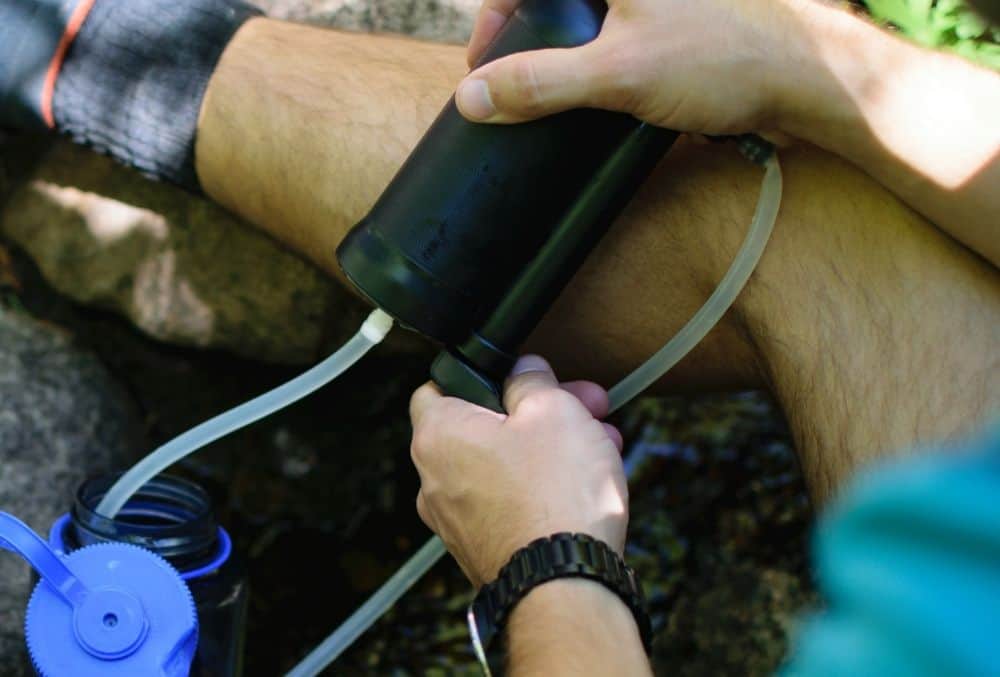
There are a few methods that you can use to do this – you can use filters (which have pumps, squeeze or gravity options), chemical drops or tablets, UV pen treatment, or if you’re really in a pinch, you can just boil the water.
Final Thoughts
Though we have provided you with some rough outlines for the amount of water that you should take on your hike, it is important to remember that water consumption is not a one size fits all matter.
It depends on climate, humidity levels, the shade cover provided by forests, any of your own individual preferences and needs. Instead, the guidance that we have provided should just be used as a general rule of thumb.
You should be taking around 500 ml for every hour of active hiking, and about 220 ml of wart for every hour of rest time.
